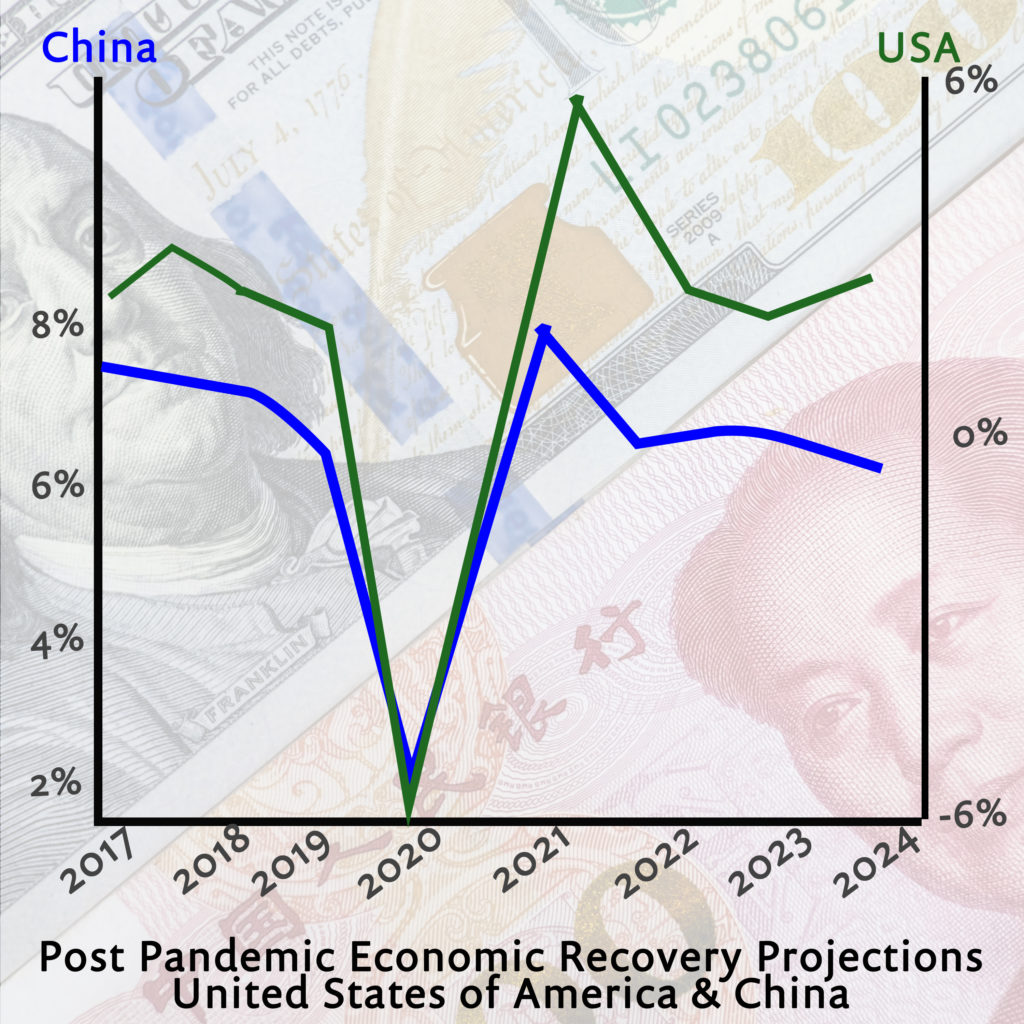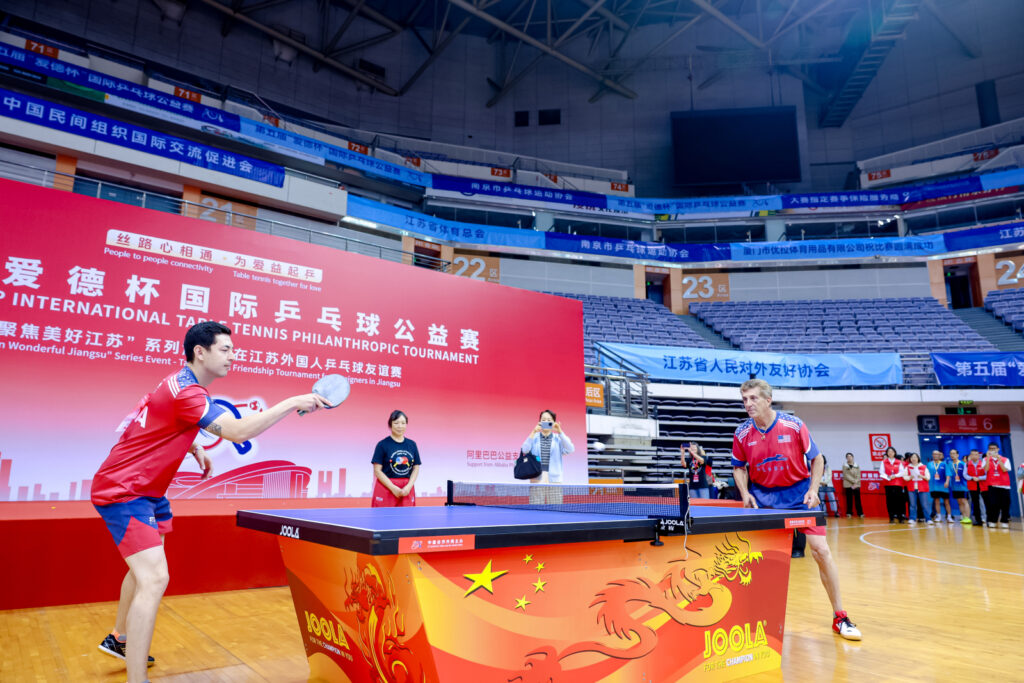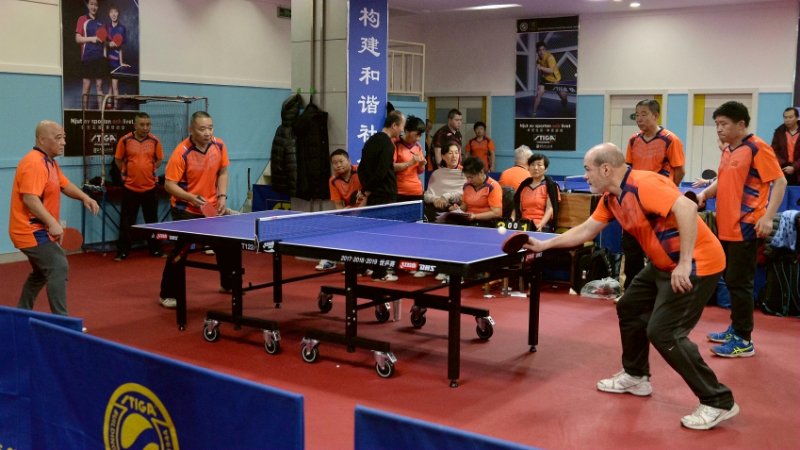
In last month’s blog, Word4Asia reviewed changes in China’s economy that have occurred since the Covid-19 pandemic first appeared. We chiefly focused on changes in the way China’s consumers have adapted to the new realities. In this month’s blog, we review the anticipated changes that China’s businesses are experiencing.
In July 2020, The Diplomat completed a survey of 135 Chinese senior executives regarding their outlook on post-pandemic economic recovery. The sample was not representative and was skewed toward high-tech and online companies (55 percent). However, it did include a mix of industrial and automotive firms (11 percent), financial (8 percent), and consumer/retail segments (13 percent), as well as healthcare (8 percent), media and education companies.
The survey revealed that 80% of the companies were experiencing a negative impact following the pandemic. A decline in sales, and resulting layoffs were expected. This was true even for companies that were entirely focused on the Chinese local market.
As time has passed, 50 percent of the surveyed firms believed they’d have to reduce headcount by more than 25 percent. In reality, it’s turned out that only 20 percent of large companies have been required to do so.
One-third of the companies originally surveyed have had trouble paying their rent, making payroll, or paying their bills. On the other hand, 20 percent of tech/online and large-sized companies have actually done better than projected. Small and medium sized companies have fared the worst during China’s economic recovery.
To adapt to the difficulties many companies are experiencing in China, Chinese managers are already moving headlong into revising their strategies, tactics and operations. In a recent study, the management consulting company, McKenzie, recommended the following actions:
Updating new product development roadmaps: Updated plans must reflect the trends that have been developed throughout the pandemic. Sparkling Zero series is performing extremely well. Brand upgrading is a major shift. Consumers are looking for higher quality, established brands. We’ve also captured in-home consumption by converting consumers to premium take-home packs, like mini-can multipacks, shifting away from big bottles. This shift could also be long lasting as consumers build in the habit of consuming higher quality products in a size that is right for them.
Developing new distribution channels: In last month’s blog, we reported on the ways Chinese consumers have moved much of their purchase behavior to e-commerce. Prior to the pandemic, Chinese consumers were already ahead of the rest of the world in total e-commerce spending. Sales strategies will have to reflect the new trends, including developing different online and offline channels, including direct-to-consumer, social commerce, ecommerce marketplaces, and physical channels.
For example, China’s convenience stores and drug stores have seen a long-term increase in consumption while clothing stores, and department stores have seen a long-lasting decline. Manufacturers will either have to find ways to penetrate new channels or suffer an erosion in sales.
With the heightened attention in hygiene and health, Chinese businesses will be reviewing their supply chains to safeguard their employees and consumers. Risk mitigation will be, and alternate material sourcing should already be underway. These changes have been felt differently across various industries. For instance,“contactless” car return service, and other self-service measures, including delivering disinfected cars for pickup and drop-off by customers in community areas. Store employees were also provided with protective equipment and disinfectants to prevent virus transmission.
Improved flexibility: The world may be in store for future pandemics. The way the environment is changing, it’s almost a certainty. The world economy is also increasingly volatile. Chinese management teams adopting a more flexible perspective and building contingencies into their plan’s organizations. Chinese firms have been optimizing their investment in ad campaigns, to actually reduce consumer demand, and re-negotiating contracts.
The technology sector is one area which is not at all certain at this time. Over 40-percent of Chinese tech firms have a level of concern regarding access to global technology. The US-China trade war is one reason for this, as the United States has tightened down on Chinese access to American technology. In addition to the United States, other leading tech nations, such as Japan, South Korea, Germany and Singapore are also de-coupling with China. The majority of executives surveyed by The Diplomat have forecast some level of U.S.-China decoupling in the technology sphere. Looking out five to 10 years from today, in fact, across all company types — local Chinese tech and non-tech companies, and MNCs with headquarters in the U.S. or non-U.S. countries — only a minority believe we will have a globally open marketplace where Chinese and U.S. tech companies continue to compete in each other’s home markets. In response, Chinese tech firms are planning to access more of their technology from other Chinese firms within the PRC itself.
The pandemic has changed business across the world. Business in China, which has for many years experienced a long trend of annual growth, is clearly at an inflection point. How its managers address this new challenge will have an impact on any organization with objectives there. At Word 4 Asia, we make it our business to keep our network members and stakeholders abreast of these changes. We’ve succeeded in helping our clients accomplish their objectives in China by understanding the nations’ regulatory requirements and respecting its culture and values. If your organization is interested in possibilities in China, we would enjoy a conversation with you. Our knowledge, experience and mainland network may be just what you need to succeed. Feel free to contact us at: gene@word4asia.com
https://thediplomat.com/2020/07/after-covid-19-rebooting-business-in-china/
https://wtop.com/news/2020/01/top-10-countries-for-technological-expertise-ranked-by-perception-2/






